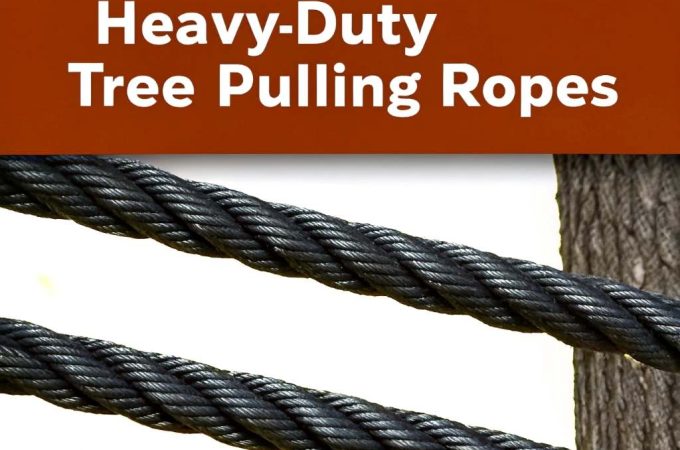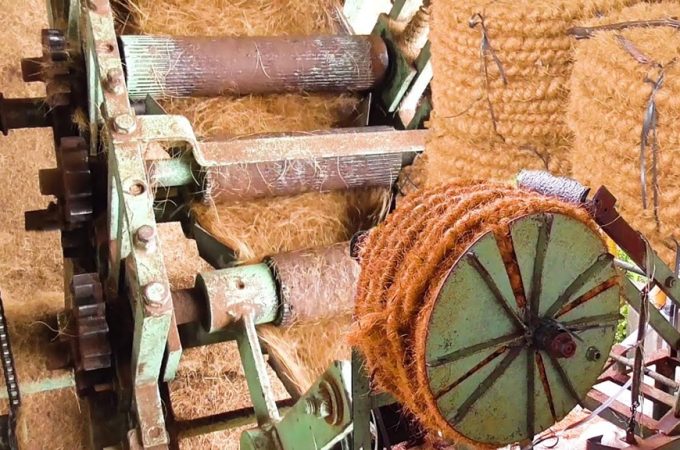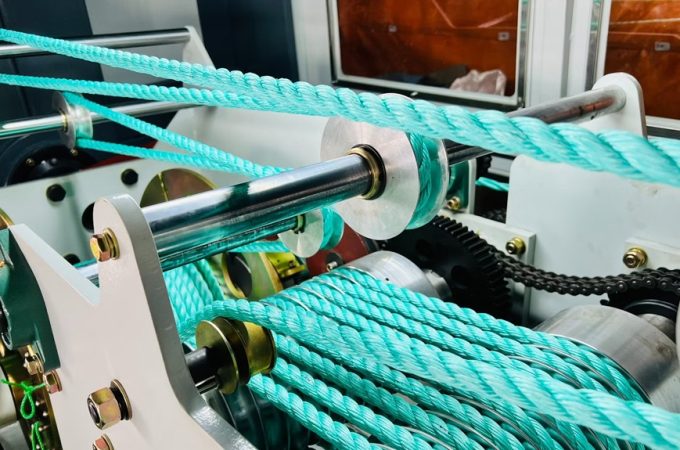
Why Does My Head Hurt When I Jump?
We’ve all heard that jumping hurts the head because it is made up of soft tissue, but what are some ways you can prevent any pain? This article explores how you can avoid a headache when you jump and why your head might hurt in any case.
Contents at a Glance
ToggleWhat is happening in my head when I jump?
The body experiences an elastic recoil when jumping, which is why your head hurts. The brain gets bounced around inside the skull and it can cause headaches, dizziness and nausea.
When you jump, your brain is doing three things at once: contracting and expanding the eyeballs, filling up with air, and quickly sending messages to the muscles. This sudden change in pressure can cause discomfort in the head and neck. In some cases, jumping can even cause a concussion.
Why Does My Head Hurt When I Jump?
When you jump, the air pressure hitting your head can cause pain. This is because your head is surrounded by air and when you jump, the air hits your head very quickly. This can cause a lot of pressure on your brain, which can hurt it.
Your neck muscles are designed to withstand these forces, but if they’re not balanced properly, they can cause pain. The muscles in your neck also have to work together to keep your head from moving too far forward or back. When these muscles aren’t working correctly, they can cause inflammation and even problems with blood flow.
Some of the issues that can arise from jumping improperly include headaches, dizziness, neck pain, and even cervical spine injuries. If you experience any of these symptoms after jumping, make sure to see a doctor.
Causes of Headaches and Neck Pain
There are many possible causes of headaches and neck pain. Here are a few of the most common:
-Sinusitis: Inflammation or infection of the sinuses can cause pain in the head and neck. The pain is usually worse when you move your head from side to side or up and down, and it can radiate to other parts of your body. Sinusitis can be caused by viruses, bacteria, allergies, or air pollution. Treatment typically involves medication, rest, and treatment of the underlying condition.
-Tension headaches: Tension headaches are usually caused by tension in the neck muscles or around the skull. The pressure on the brain causes pain in the head and neck. This type of headache is often chronic (lasting for more than two weeks) but can also be acute (lasting for a few days). Treatment typically involves relief of the tension and medications such as ibuprofen or diazepam.
-Migraine: About 25 per cent of people who have migraines have a headache that precedes the migraine by an hour or more. The most common types of headaches, including migraines, are headaches with auras (headache-like symptoms before the headache) and headaches without an aura. A migraine is an intense headache that lasts four to 72 hours. Migraine is usually accompanied by nausea, vomiting, sensitivity to light and sound, and fatigue.
-Sinus pain: Sinus pain can be described as pressure or aching in the sinuses or nasal passages on one side of the face. It may be a single episode or it may come on repeatedly over time. The cause is not known.
Prevention Techniques
When you jump, your head feels slight pain because of the sudden change in pressure. This can be mitigated by doing some preventive measures before jumping.
The first thing you can do is warm up your body before jumping. Doing this will help reduce the amount of shock that your body feels when jumping.
Another thing you can do is to practice jumping gradually. When you jump, increase the height and time of your jumps gradually so that your body can get used to the sudden change in pressure.
Finally, make sure that you land properly when jumping. landing softly on your feet will reduce the impact your head feels when landing.
Conclusion
If you’ve ever wondered why your head hurts when you jump, there could be a few reasons. One of the most common causes of headache during and after physical activity is stretching or compression of the cervical spine (neck). When your neck stretches too far forward or backwards, it puts pressure on the vertebrae in your spinal column and can cause pain. Additionally, jumping can put a lot of stress on the joints at the base of your skull, leading to headaches. If you’re experiencing these symptoms frequently while jumping, it might be time to talk to your doctor about other possible causes or treatments.





